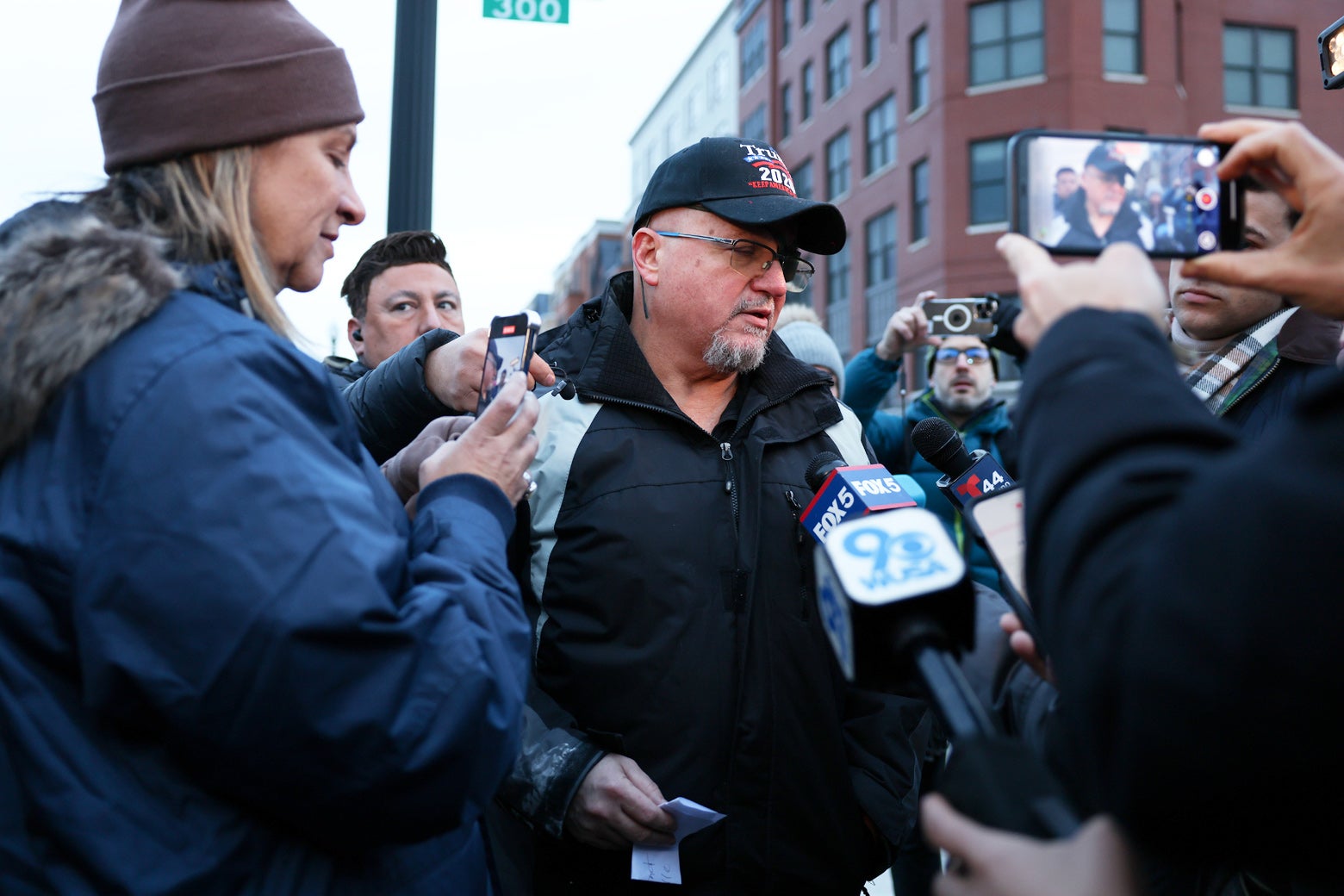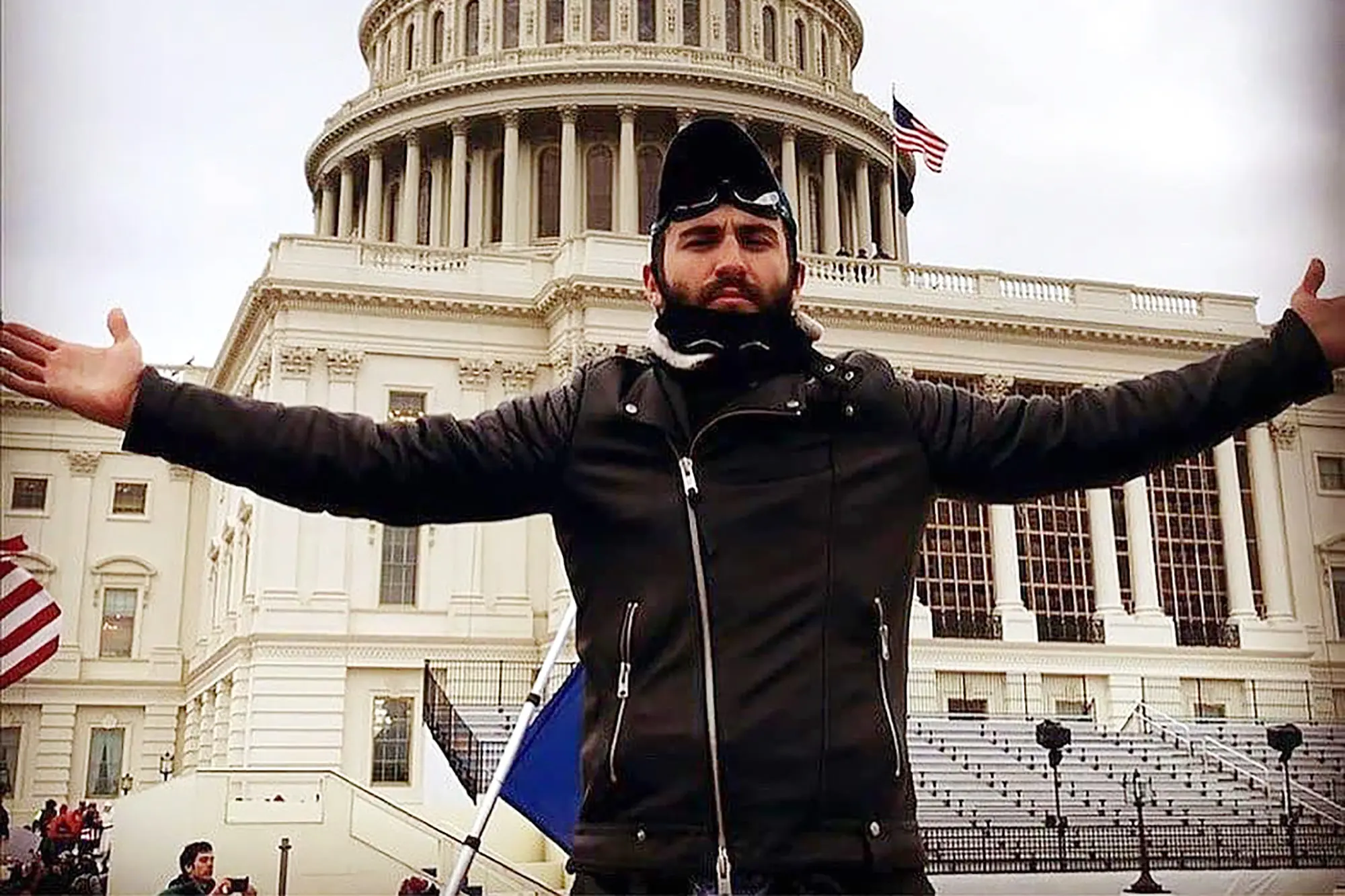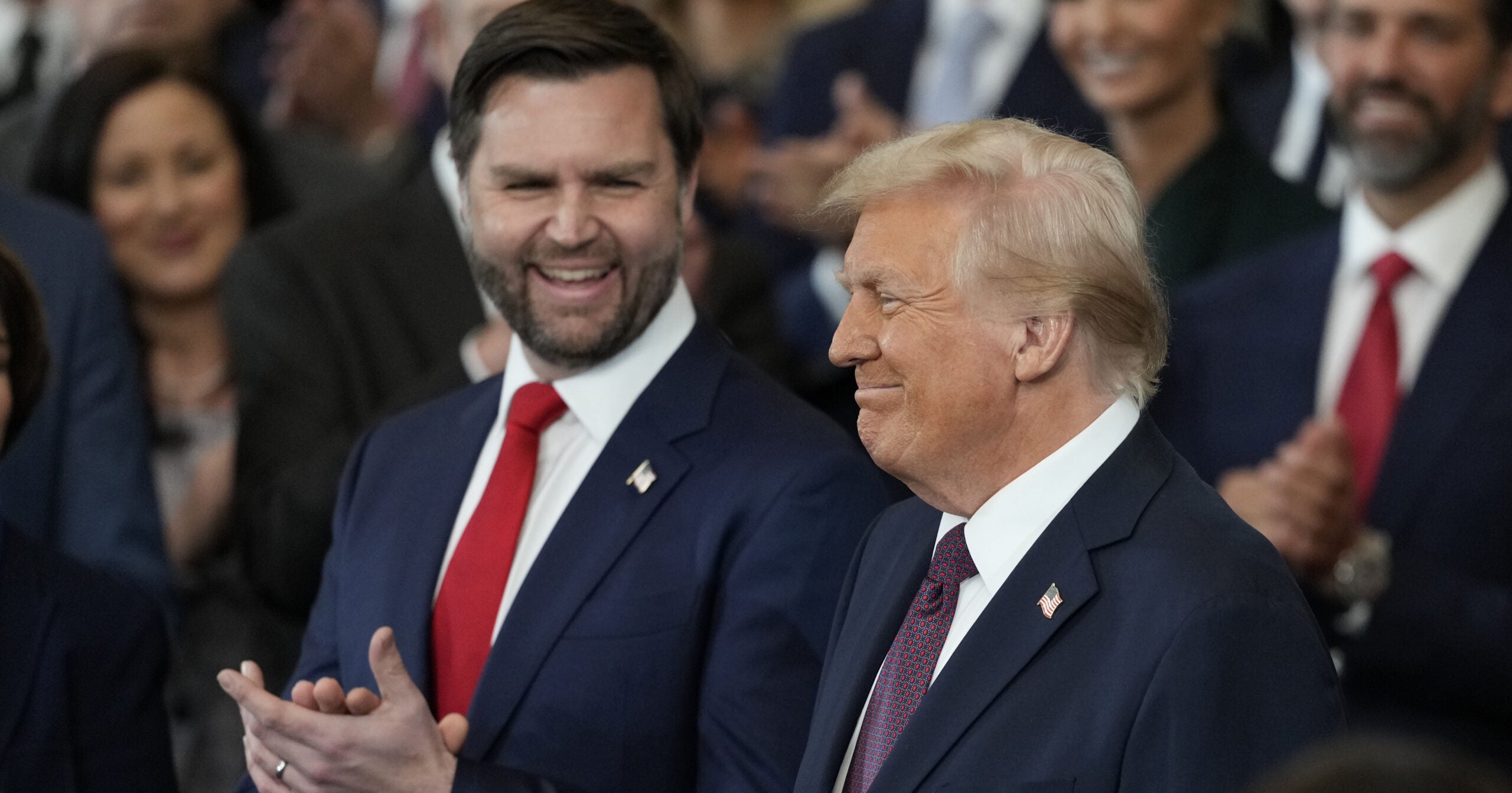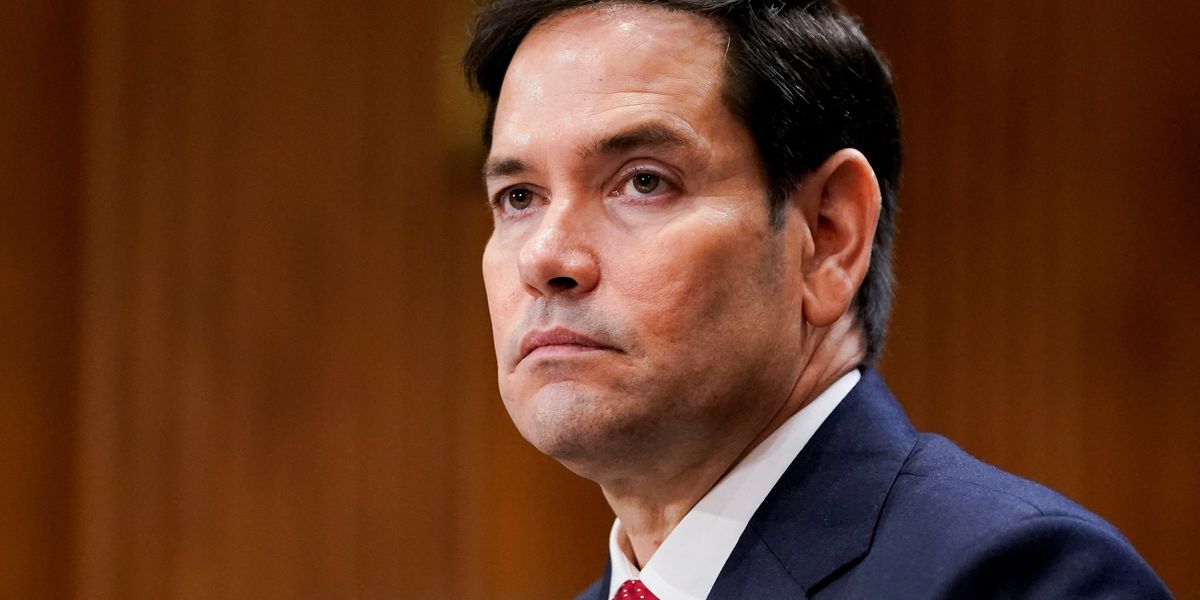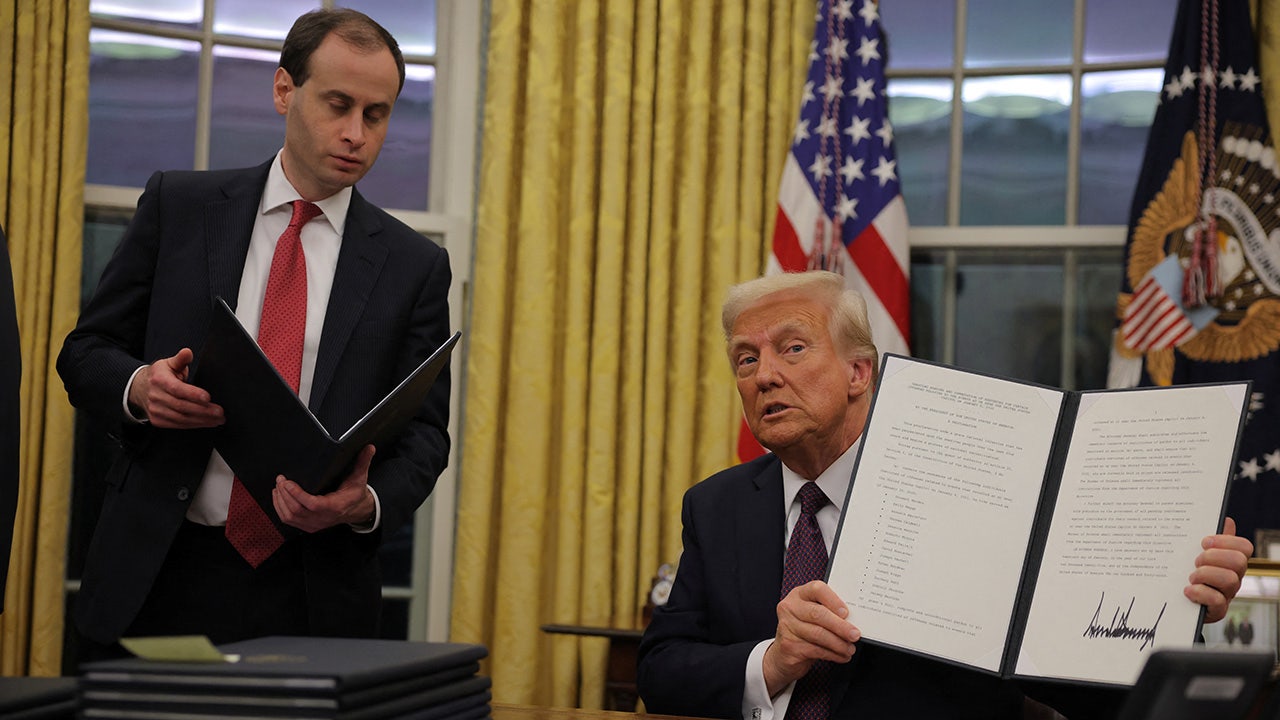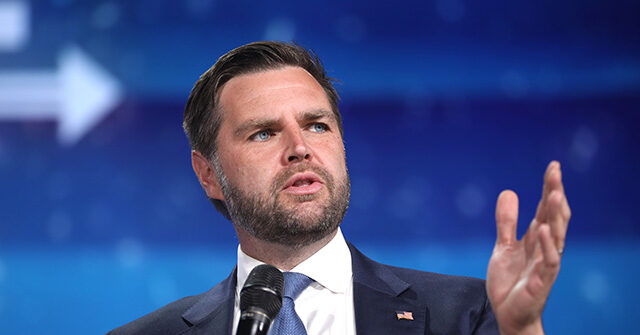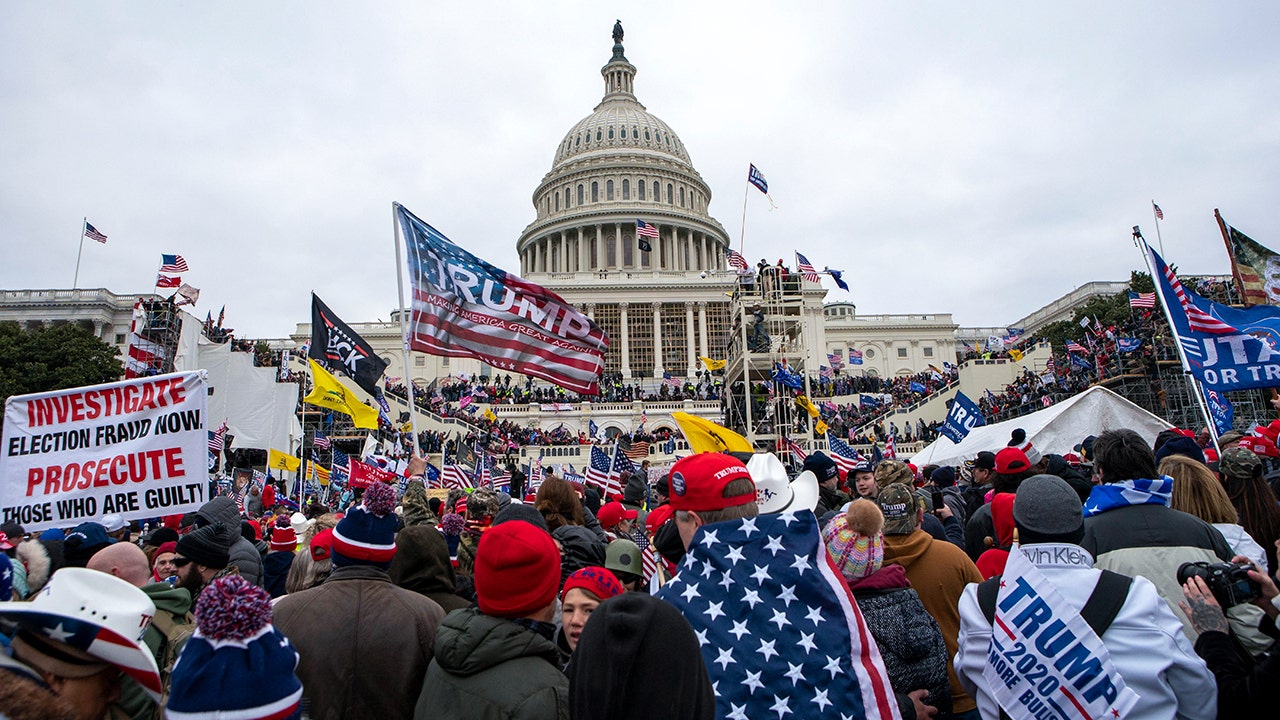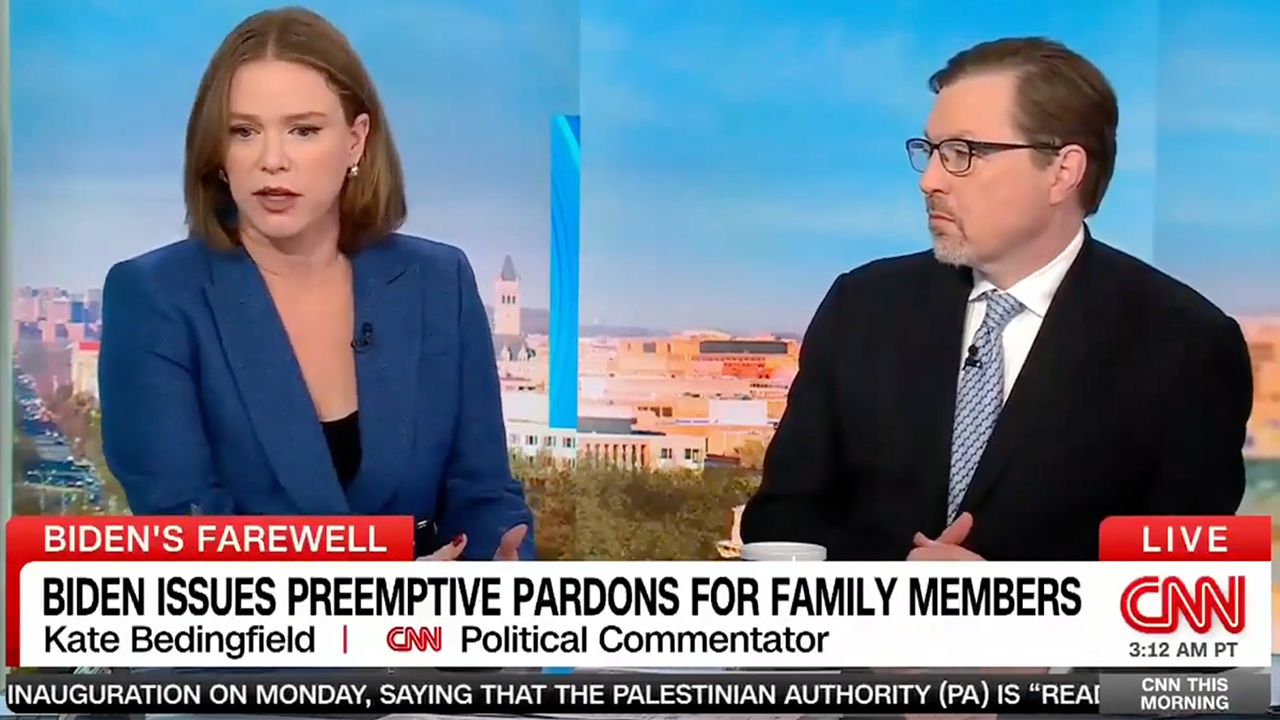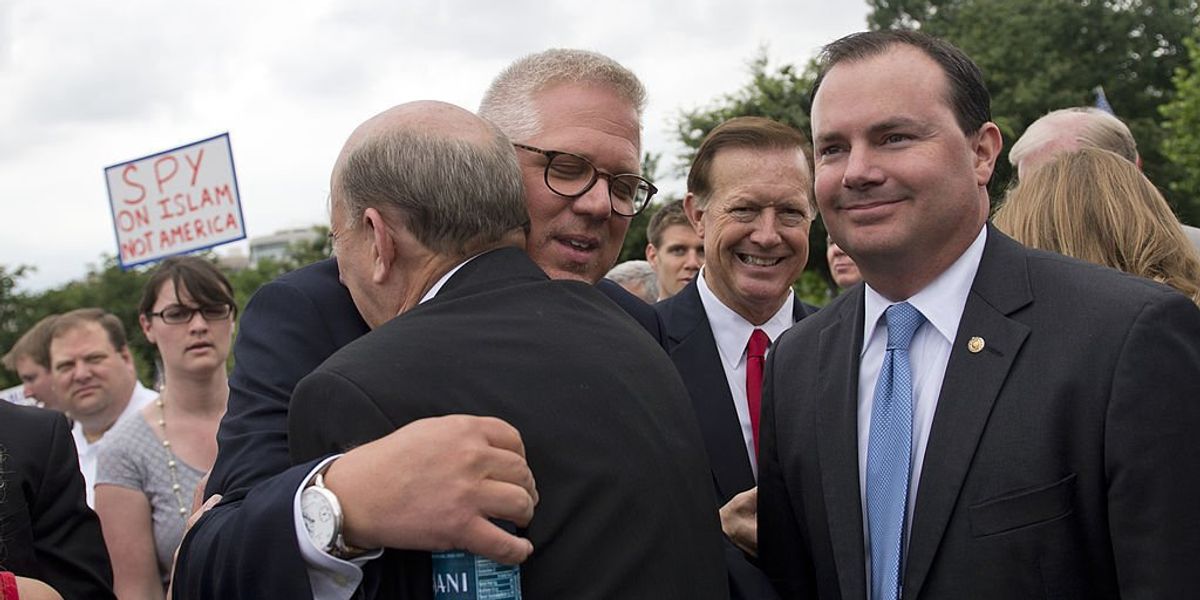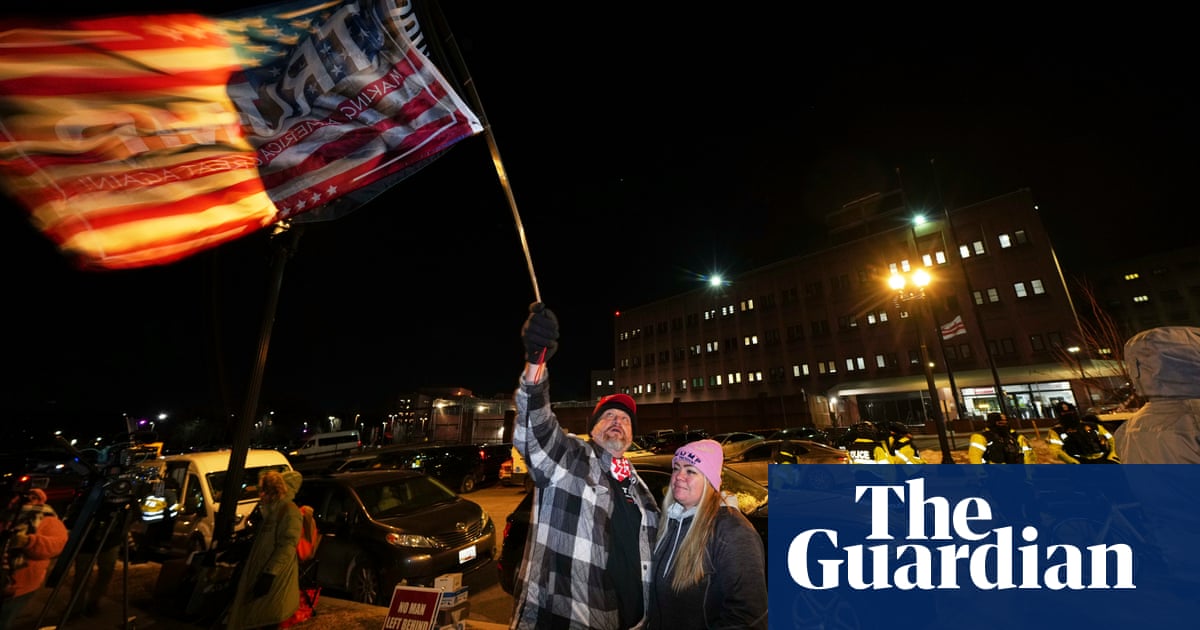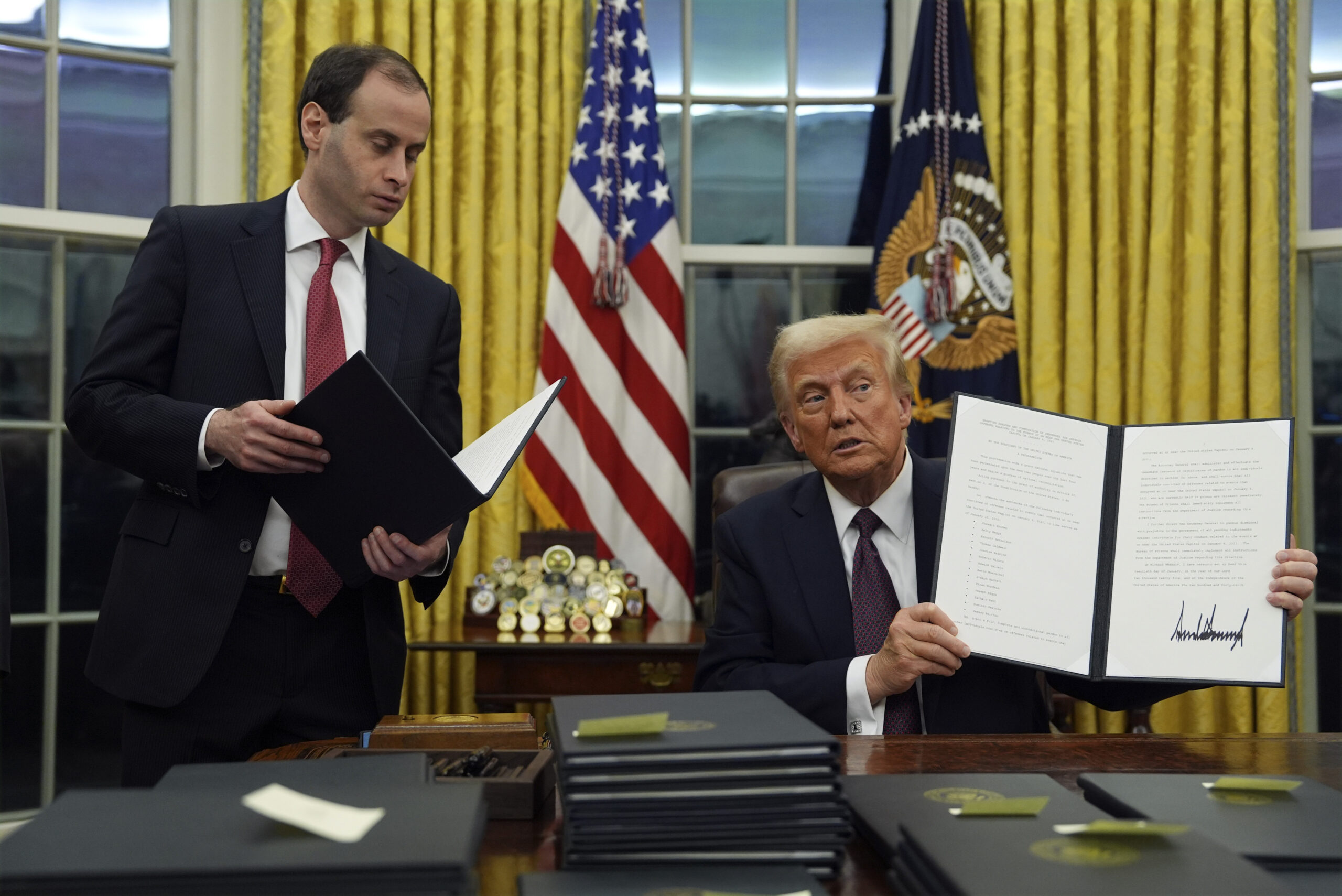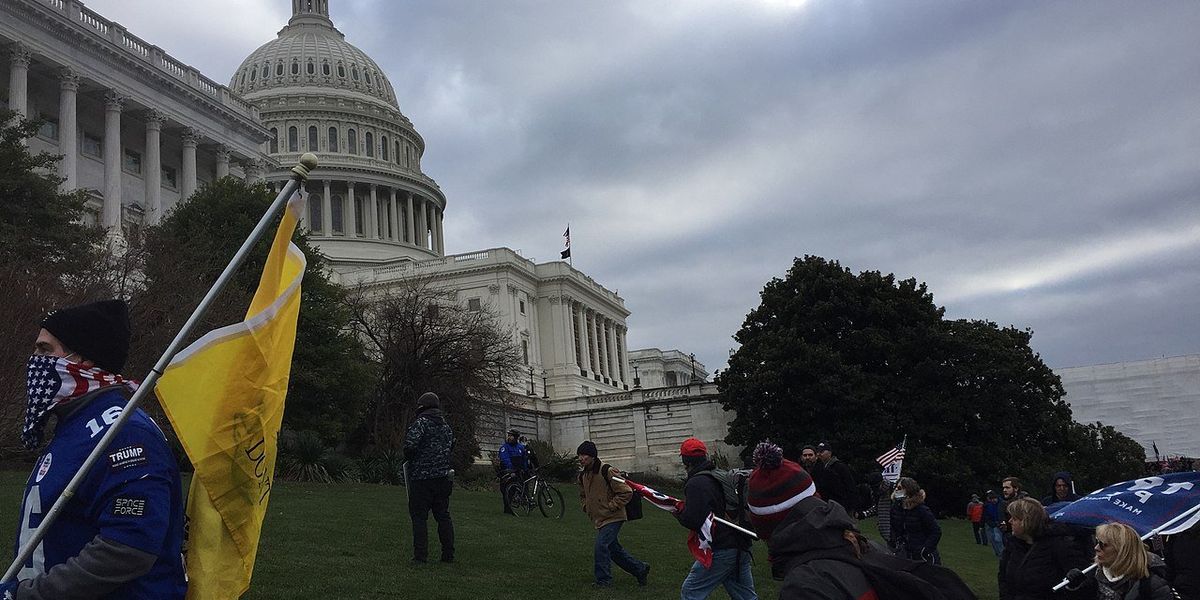Trump's Sweeping Pardons for January 6 Rioters Ignite Division Among Senators
President Trump's pardons for over 1,500 January 6 rioters, including notable figures, provoke strong reactions and deep divisions among Senate Republicans.
Overview
On January 21, 2025, President Trump pardoned over 1,500 individuals, including violent offenders from the January 6 Capitol riot. The move received mixed reactions from Senate Republicans, with some, like Senators Tommy Tuberville and Ron Johnson, supporting the pardons, while others, including Senators Thom Tillis and Susan Collins, expressed opposition. Critics argue the pardons undermine the justice system, especially for those who assaulted police officers. Amidst ongoing debates, many Republicans prefer to focus on future policies rather than confronting the implications of Trump's actions, reflecting broader party dynamics.
Content generated by AI—learn more or report issue.

Get both sides in 5 minutes with our daily newsletter.
Analysis
- President Trump's mass pardons for over 1,500 defendants associated with the January 6 Capitol attack represent a severe threat to the rule of law and accountability, reflecting a disdain for the serious ramifications of political violence against democracy.
- The release of extremist leaders like Enrique Tarrio and Stewart Rhodes through these pardons underlines a troubling trend wherein Trump seeks to frame insurrectionists as victims, disregarding the genuine threats they pose to democratic institutions and the violence inflicted on law enforcement during the Capitol riot.
- The celebratory atmosphere among pardoned rioters signals a disturbing acceptance of violent extremism within Trump’s support base, as they perceive their actions as unjustly punished, while overlooking the considerable harm done to law enforcement and the democratic process.
Analysis unavailable for this viewpoint.
- President Trump’s sweeping pardons for the January 6 defendants rectify what many consider a biased justice system that has unjustly punished individuals engaging in what they viewed as legitimate political protest against an election they perceived as illegitimate.
- The characterization of rioters as 'patriots' resonates deeply with Trump's supporters, who interpret these pardons as validation of their experiences and perspectives, fostering notions of national reconciliation amidst a politically charged judicial landscape.
- Many supporters believe the severe sentences faced by January 6 defendants exemplify excessive governmental overreach, arguing that Trump's pardons are necessary to restore fairness and balance in the justice system.
Articles (63)
Center (24)
No highlight available for this article.
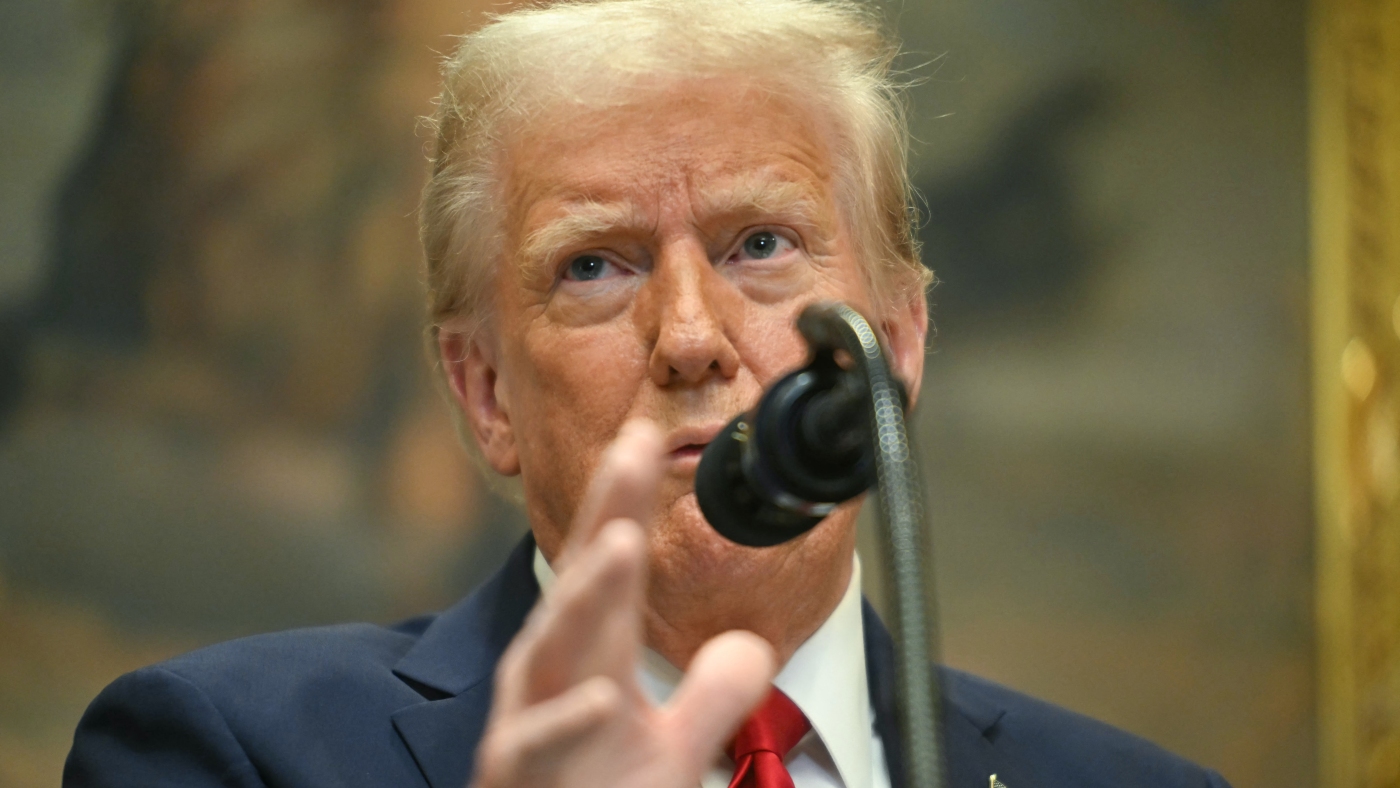
No highlight available for this article.

No highlight available for this article.
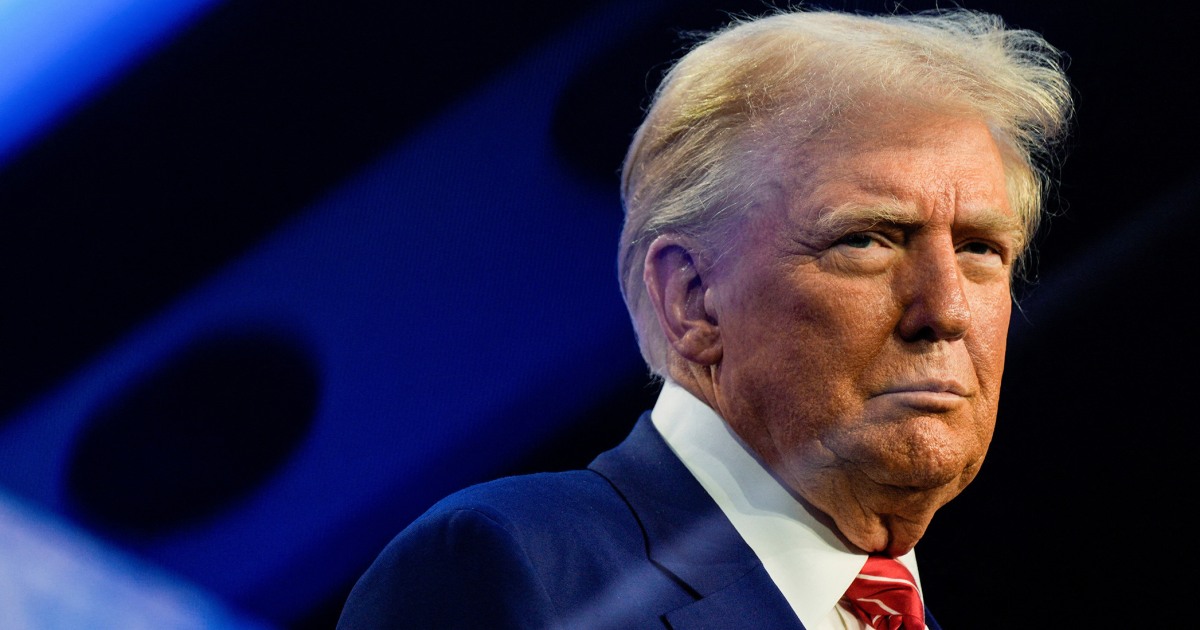
No highlight available for this article.
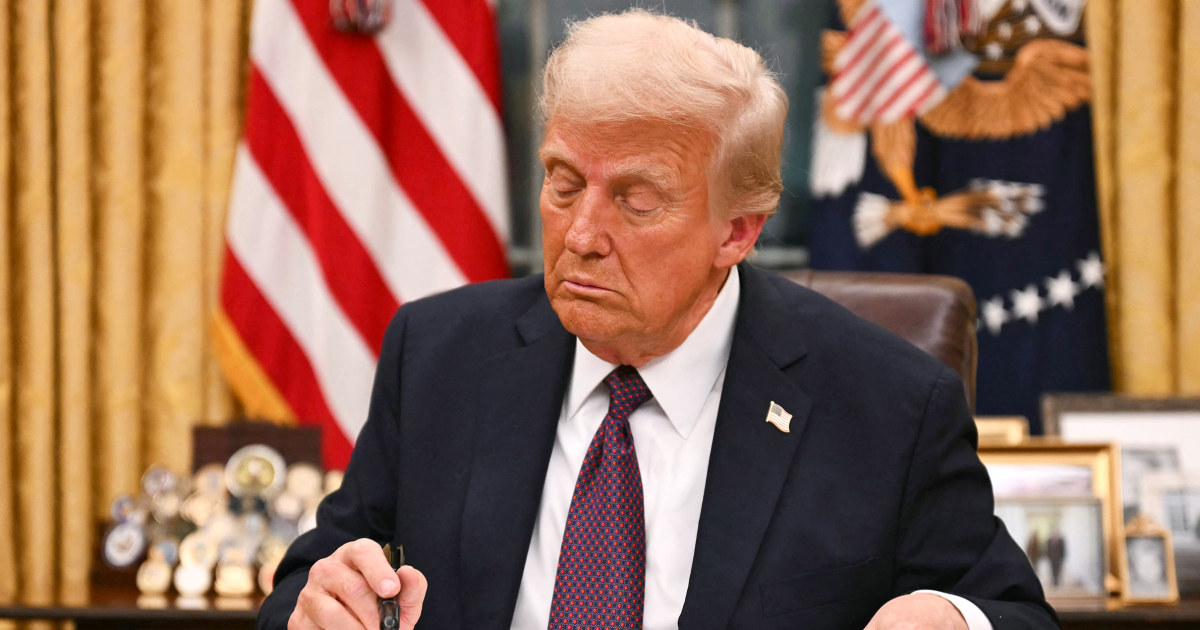
No highlight available for this article.
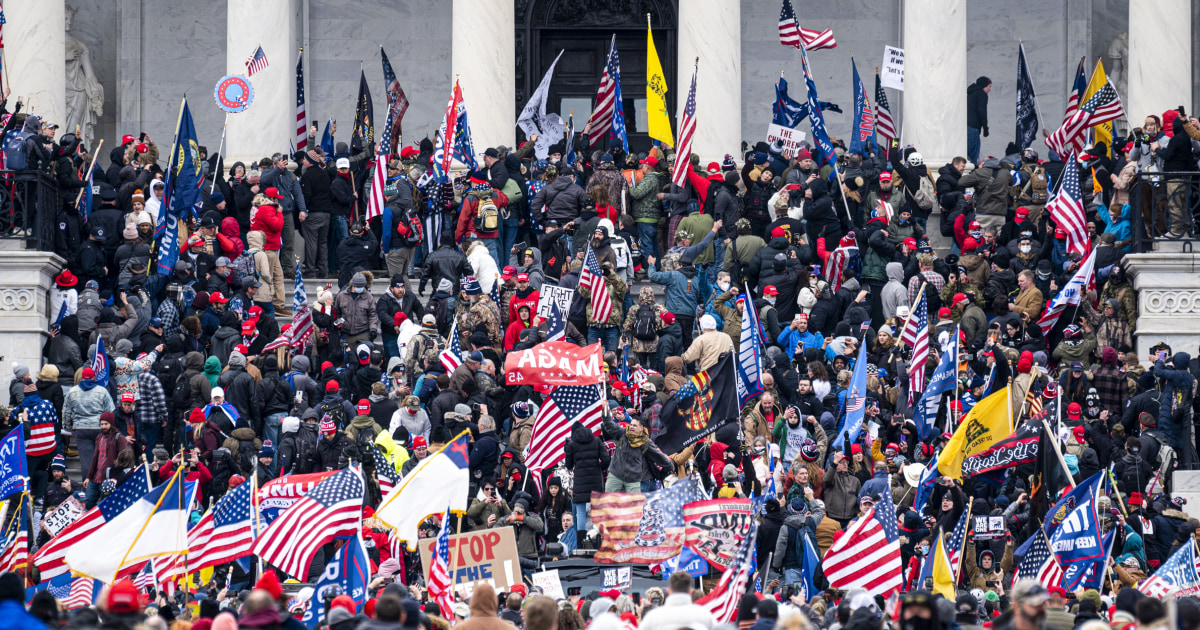
No highlight available for this article.
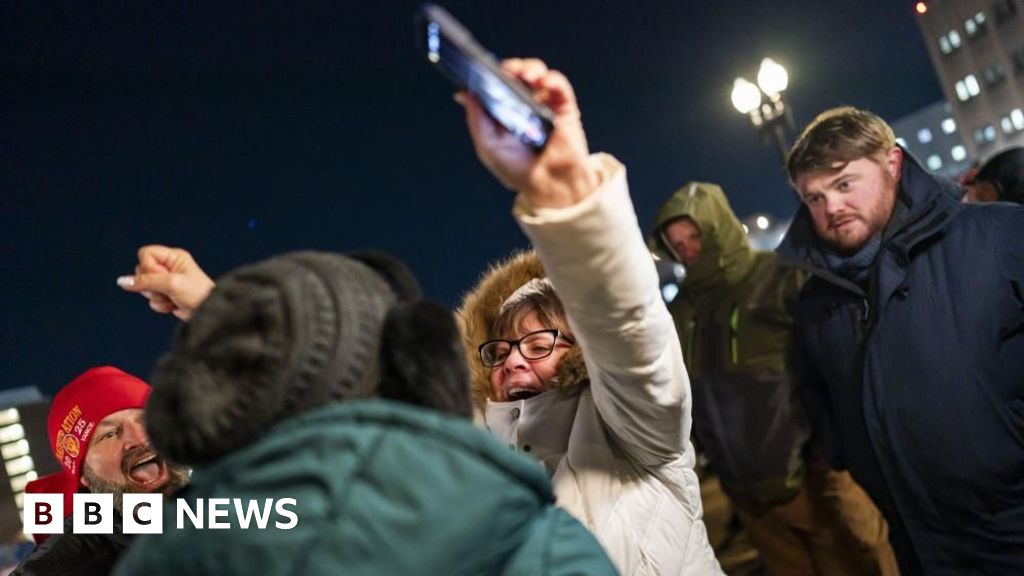
No highlight available for this article.
No highlight available for this article.
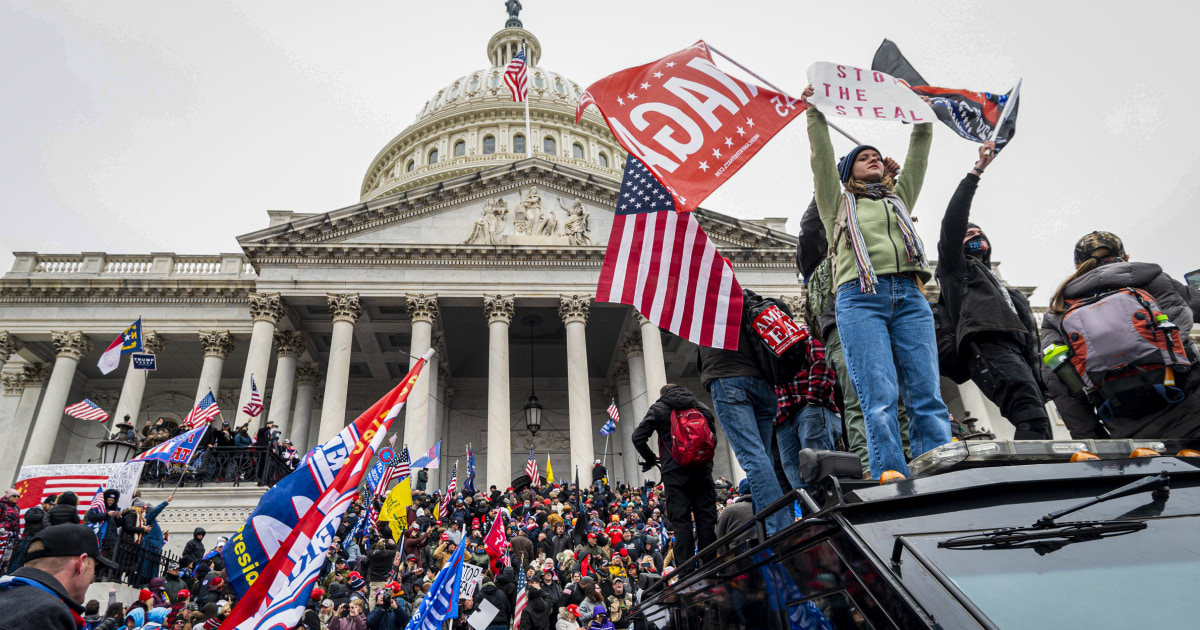
No highlight available for this article.

No highlight available for this article.
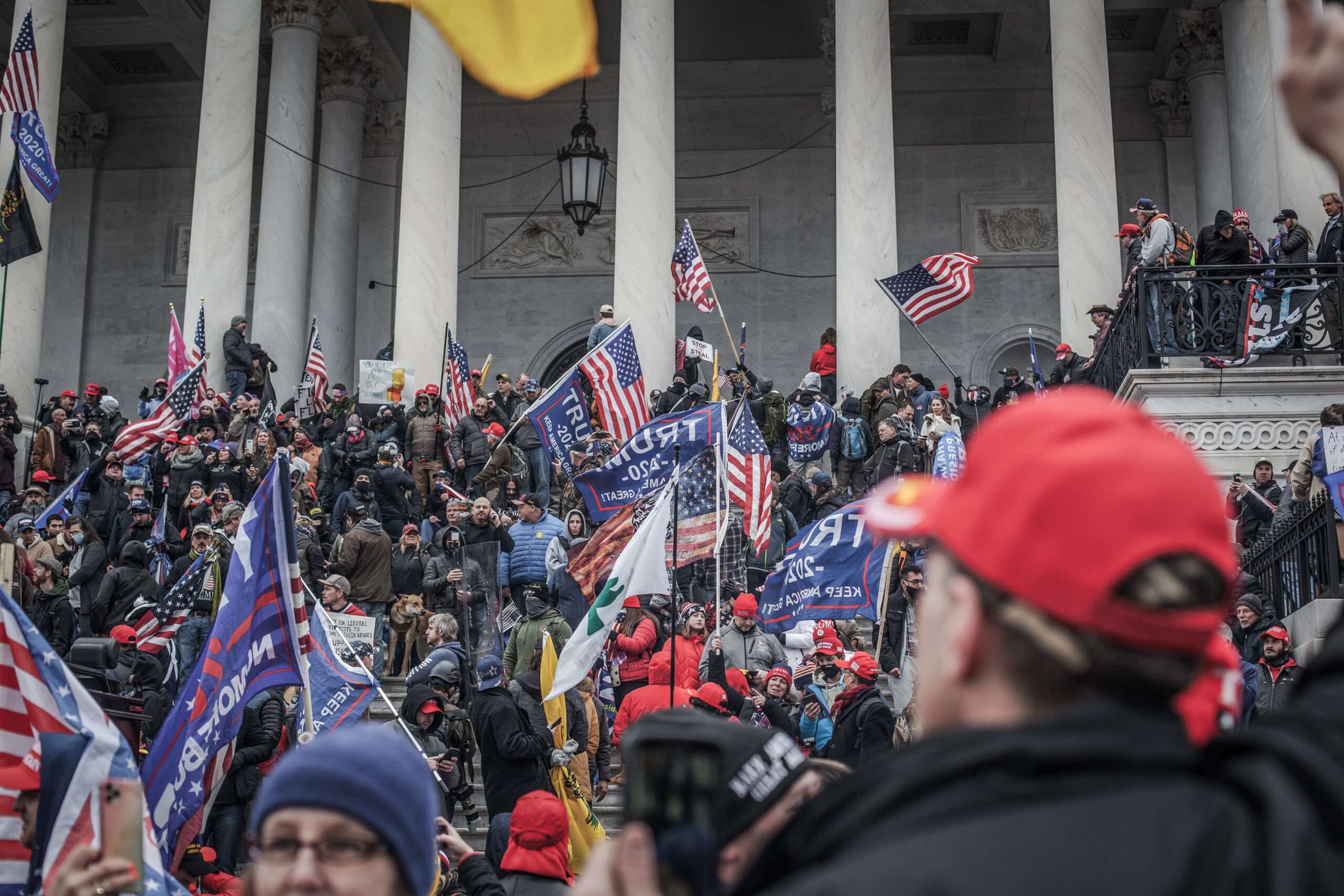
No highlight available for this article.

No highlight available for this article.

No highlight available for this article.
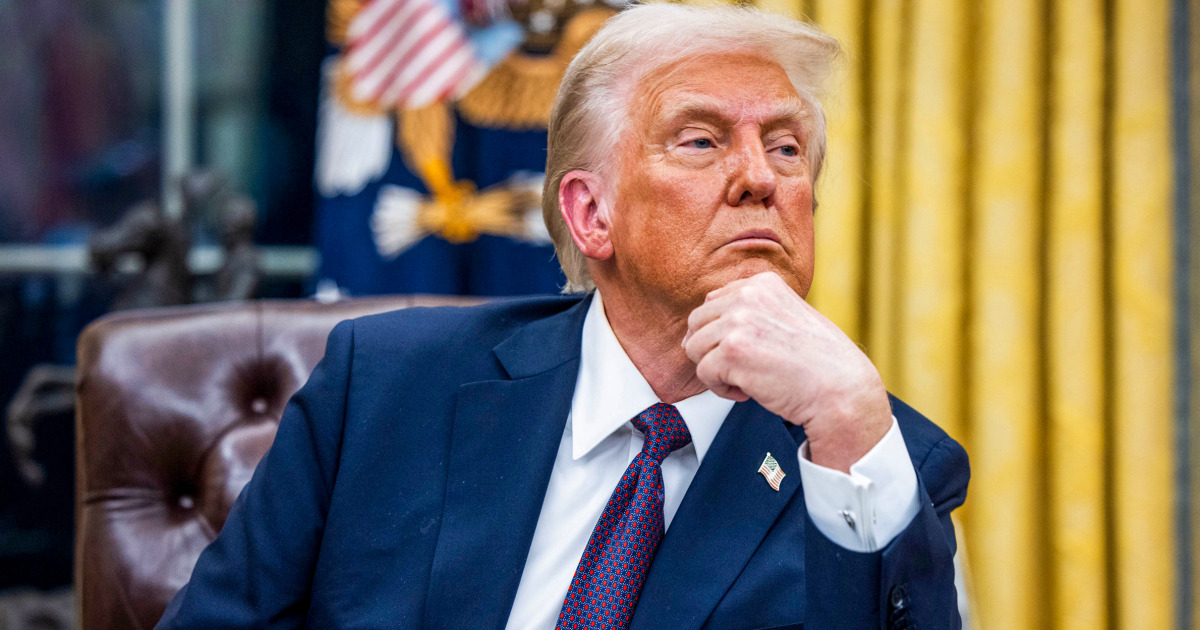
No highlight available for this article.

No highlight available for this article.

No highlight available for this article.
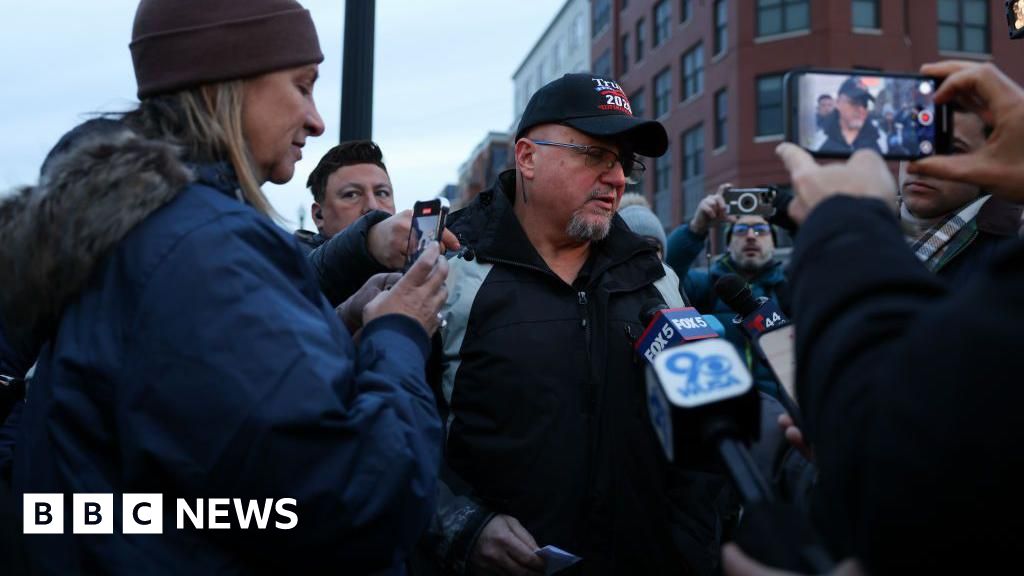
No highlight available for this article.

No highlight available for this article.
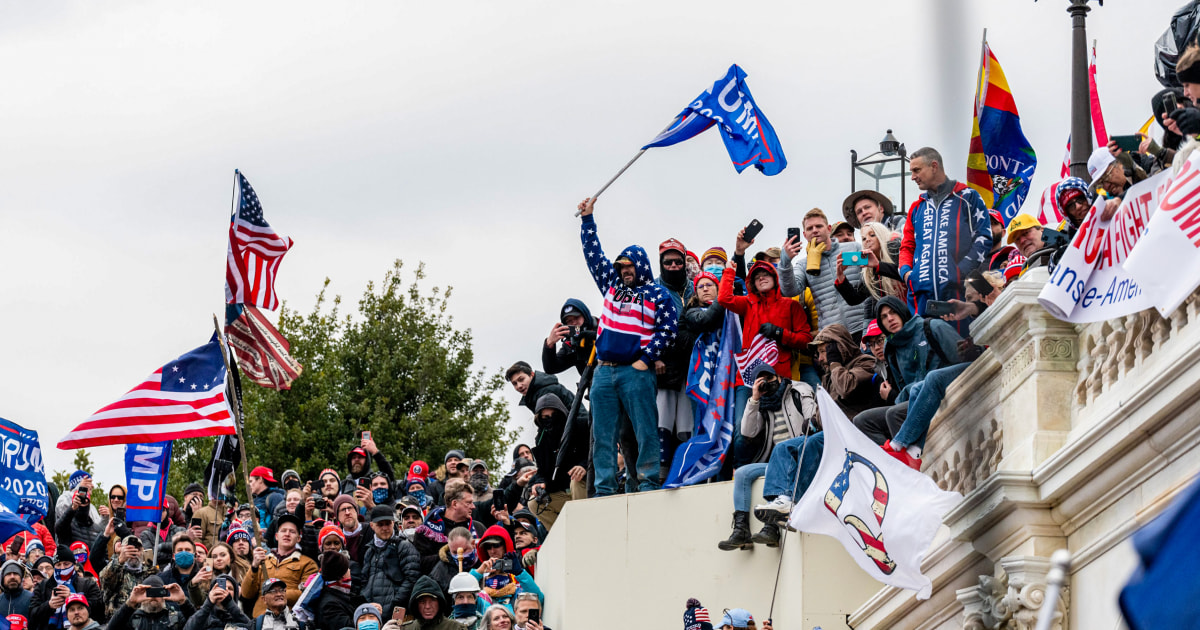
No highlight available for this article.
No highlight available for this article.
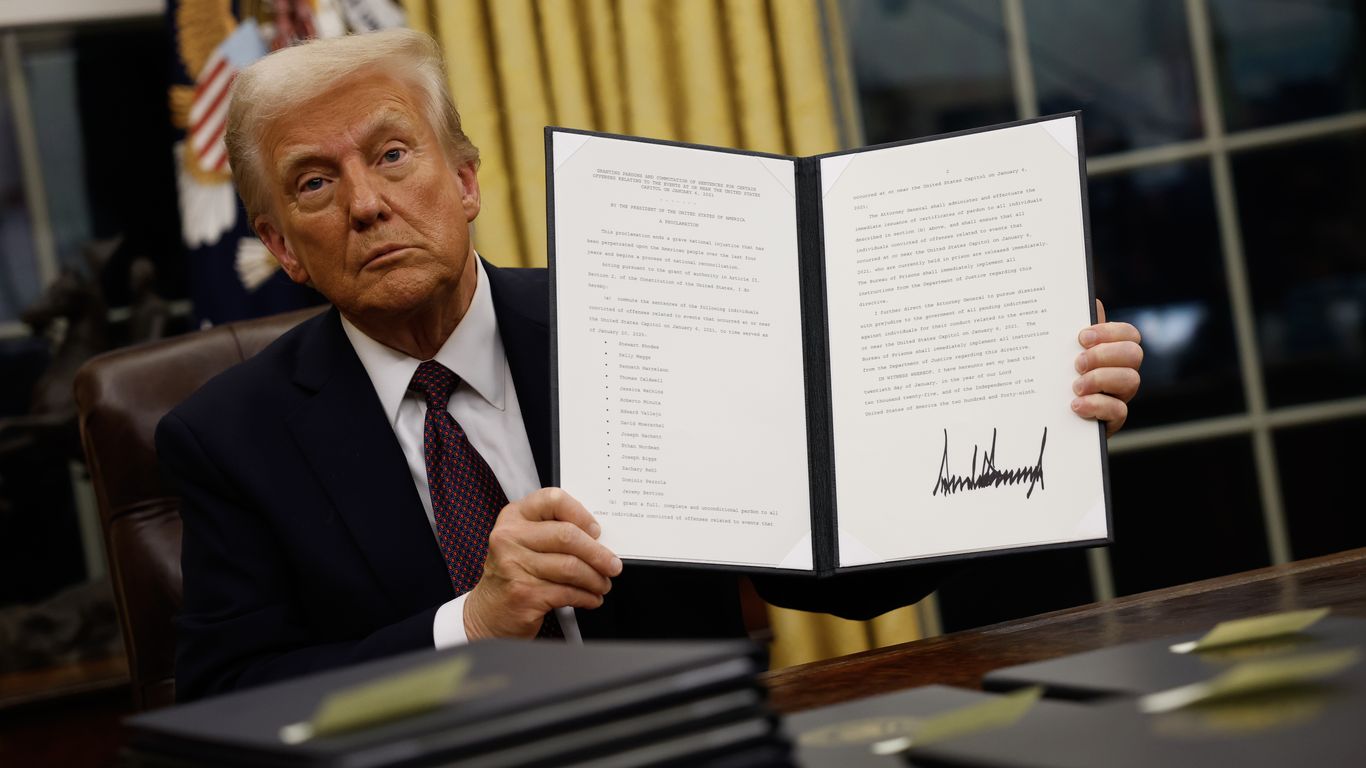
No highlight available for this article.

No highlight available for this article.
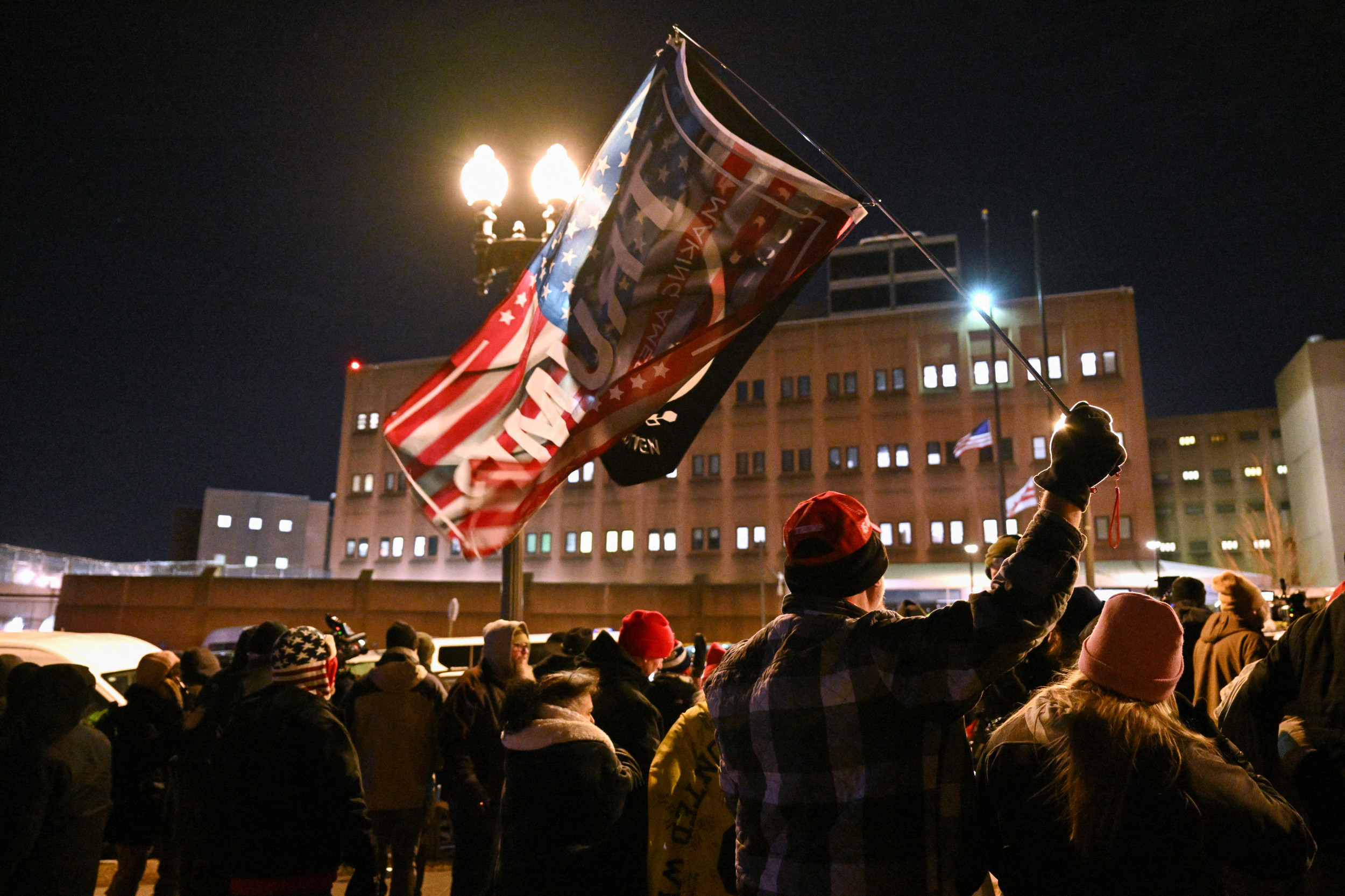
No highlight available for this article.

No highlight available for this article.

History
- 5M

 4 articles
4 articles
- 5M

 4 articles
4 articles
- 5M

 4 articles
4 articles
- 5M

 3 articles
3 articles


